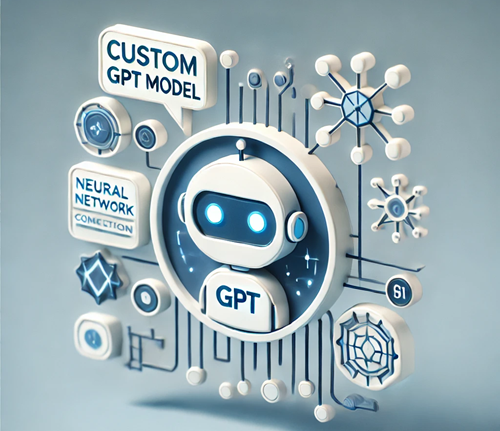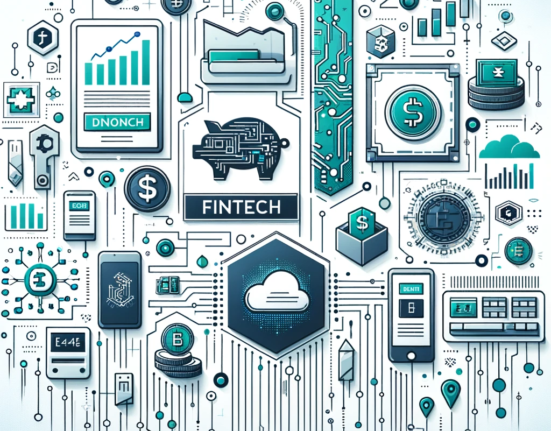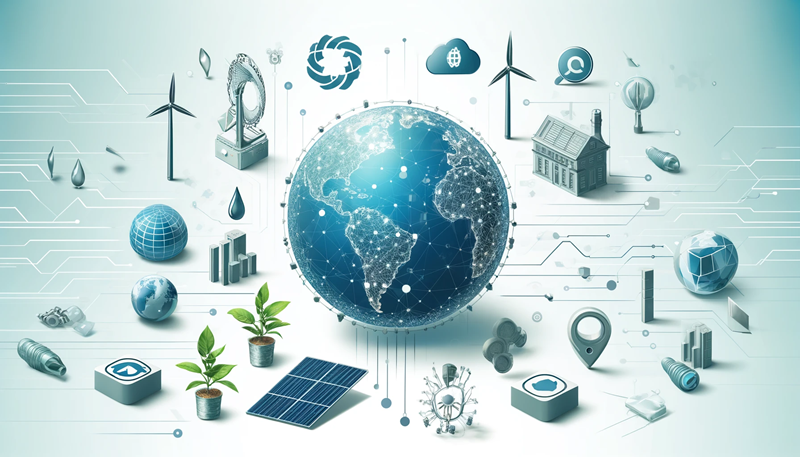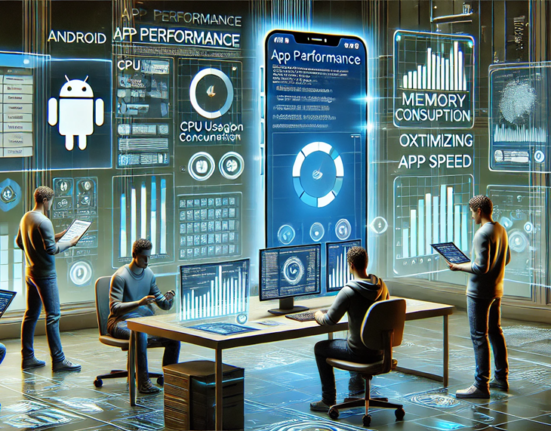In an era defined by rapid technological advancements and environmental challenges, technology has become a pivotal force in shaping sustainability and transformation plans. From artificial intelligence to renewable energy solutions, innovations are enabling businesses, governments, and individuals to create sustainable strategies for a resilient future. This article delves into the transformative role of technology in driving sustainability, enhancing efficiency, and fostering global progress.
How Technology Is Revolutionizing Sustainability Initiatives
Technology serves as a powerful enabler for sustainability, providing tools and solutions that reduce environmental impact while driving economic growth. Its integration into sustainability and transformation plans allows organizations to address critical challenges, optimize resources, and achieve long-term goals.
Key Areas of Impact
- Resource Efficiency: Advanced technologies optimize the use of natural resources, reducing waste and emissions.
- Data-Driven Decision-Making: Big data and analytics provide actionable insights for developing effective sustainability strategies.
- Global Collaboration: Digital platforms connect stakeholders across geographies, fostering collective action.
1. Renewable Energy: Powering a Sustainable Future
Renewable energy is at the heart of sustainability plans, and technology is driving its rapid adoption and efficiency.
Advancements in Renewable Energy Technology
- Solar Power: Innovations like perovskite solar cells and bifacial panels are increasing energy efficiency.
- Wind Energy: Offshore wind farms and floating turbines are harnessing untapped wind resources.
- Energy Storage: Breakthroughs in battery technologies, such as solid-state batteries, enable more effective energy storage and distribution.
Global Examples
Countries like Denmark and Germany are leading the transition to renewable energy, demonstrating how technology can support national sustainability goals.
2. Smart Cities: The Intersection of Technology and Sustainability
Smart cities exemplify the integration of technology and sustainability, using advanced systems to improve urban living while reducing environmental impact.
Key Features
- IoT-Enabled Infrastructure: Sensors monitor energy use, traffic patterns, and waste management in real time.
- Energy-Efficient Buildings: Smart grids and automated systems optimize energy consumption in commercial and residential spaces.
- Sustainable Mobility: Electric buses, autonomous shuttles, and bike-sharing programs reduce reliance on fossil fuels.
Case Study
Barcelona’s smart city initiatives have significantly reduced energy consumption and improved public services, serving as a model for sustainable urban development.
3. Artificial Intelligence and Machine Learning in Sustainability
AI and machine learning are revolutionizing sustainability by enabling predictive modeling, resource optimization, and real-time monitoring.
Applications of AI
- Climate Modeling: AI predicts climate patterns, helping governments and organizations prepare for and mitigate risks.
- Supply Chain Optimization: Machine learning algorithms enhance efficiency by identifying inefficiencies and reducing waste.
- Energy Optimization: AI systems dynamically adjust energy use based on demand, reducing overall consumption.
Impact
AI-driven systems have enabled companies like Google to achieve carbon neutrality by optimizing energy usage in data centers.
4. Blockchain Technology: Enhancing Transparency and Accountability
Blockchain is becoming an essential tool in sustainability plans, offering unparalleled transparency and security in transactions and data sharing.
Sustainability Applications
- Supply Chain Transparency: Blockchain ensures ethical sourcing by providing an immutable record of product origins.
- Carbon Credit Trading: Digital ledgers facilitate transparent and efficient carbon offset programs.
- Waste Management: Blockchain tracks waste disposal and recycling, promoting accountability.
5. Big Data Analytics: Driving Informed Sustainability Decisions
Data analytics empowers organizations to measure, monitor, and refine their sustainability initiatives.
Key Uses
- Carbon Footprint Analysis: Tools like Carbon Tracker measure emissions, providing insights for reduction strategies.
- Water Resource Management: Advanced analytics optimize water use in agriculture and industrial processes.
- Predictive Maintenance: Data-driven systems anticipate equipment failures, reducing downtime and energy waste.
6. The Role of Technology in Corporate Sustainability Strategies
Corporations are leveraging technology to meet sustainability goals and enhance operational efficiency.
Sustainable Manufacturing
- 3D Printing: Reduces material waste and energy consumption in manufacturing processes.
- Smart Factories: IoT-connected systems optimize energy use and monitor emissions in real time.
Green Investments
Companies are investing in clean technologies to align with Environmental, Social, and Governance (ESG) criteria, attracting eco-conscious investors.
7. Overcoming Challenges in Technology-Driven Sustainability
While technology offers immense potential, its implementation in sustainability plans is not without challenges.
Barriers
- High Costs: Advanced technologies often require significant upfront investment.
- Digital Divide: Unequal access to technology can hinder its adoption in developing regions.
- Energy Demands: Technologies like AI and blockchain have high energy requirements, raising concerns about their carbon footprint.
Solutions
- Governments and organizations must provide subsidies and incentives for adopting clean technologies.
- Collaborative initiatives can bridge the digital divide and promote inclusive growth.
8. The Future of Technology in Sustainability
As technology evolves, its role in shaping sustainability and transformation plans will continue to expand. Innovations like quantum computing, autonomous vehicles, and bioengineering hold the promise of even greater impact.
Emerging Trends
- Circular Economy Models: Technology will play a key role in creating closed-loop systems for materials and resources.
- Decentralized Energy Systems: Blockchain and IoT will enable localized energy production and distribution.
- Personalized Sustainability: AI-powered tools will empower individuals to track and reduce their environmental footprint.
Technology is transforming the way sustainability and transformation plans are developed and executed. From renewable energy to AI-driven decision-making, technological innovations are enabling a more sustainable and equitable future. However, achieving these goals requires collaboration across governments, corporations, and communities.
By embracing the power of technology and addressing its challenges, we can create a world where economic growth, social well-being, and environmental preservation coexist harmoniously. The future of sustainability lies in our ability to innovate, adapt, and work together for a better tomorrow.










